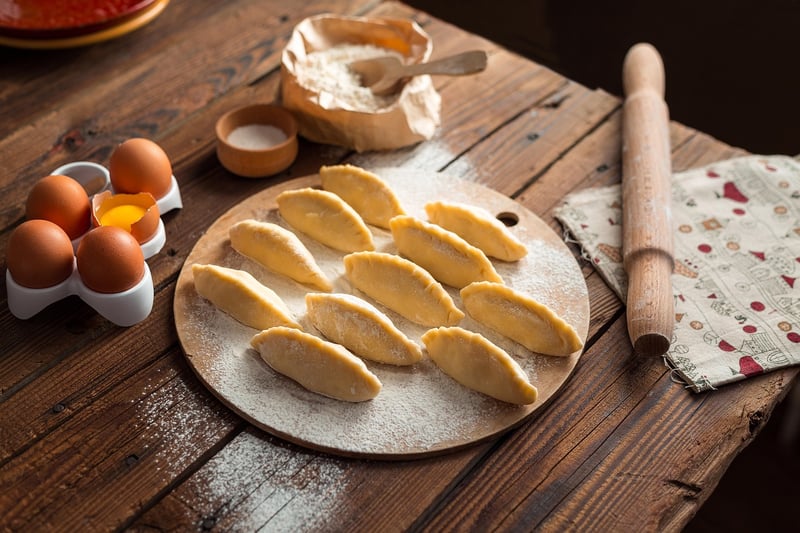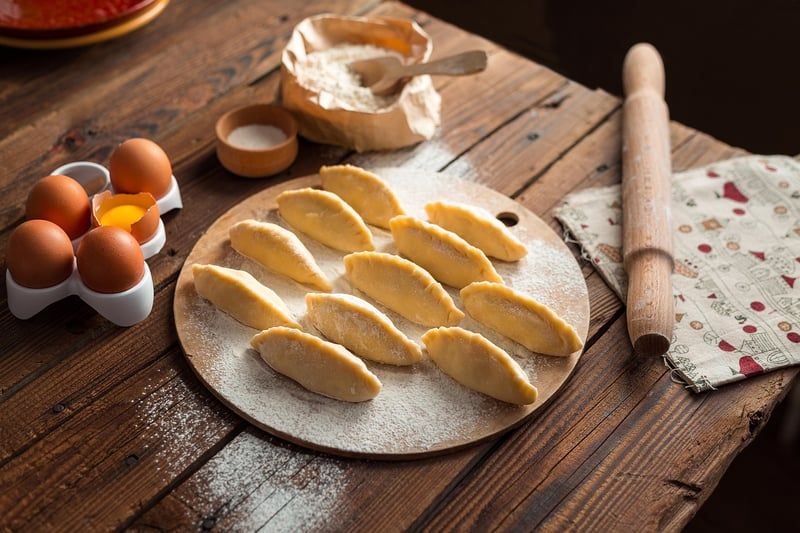Cooking Chemistry
Unravel Food Mysteries with Cooking Chemistry
Food is not just about taste; it's also about science! Cooking is an art that involves chemical reactions, transformations, and mysteries waiting to be unraveled. By understanding the science behind cooking, you can elevate your culinary skills and create dishes that not only taste delicious but also look and feel amazing. Let's delve into the fascinating world of cooking chemistry!
The Chemistry of Cooking
Have you ever wondered why an egg turns from liquid to solid when you cook it? Or how baking powder makes your cakes rise? These transformations are all thanks to the chemistry happening in your kitchen. Understanding the role of molecules, heat, acids, and bases in cooking can help you become a better cook and troubleshoot kitchen disasters.
Maillard Reaction: The Magic of Browning
When you sear a steak, roast coffee beans, or bake bread, you're witnessing the Maillard reaction in action. This chemical reaction between amino acids and reducing sugars is responsible for the beautiful golden-brown color and complex flavors in many cooked foods. Mastering the Maillard reaction can take your dishes from good to gourmet.
Emulsions and Foams: The Science of Texture
Ever wondered why mayonnaise is so creamy or how whipped cream holds its shape? These textures are created through emulsions and foams, where tiny droplets of one liquid are dispersed in another. By understanding the science behind emulsions and foams, you can create velvety sauces, airy meringues, and creamy dressings.
Food Photography: Capturing Culinary Chemistry
Food photography is not just about making dishes look pretty; it's also about capturing the chemistry of cooking. From steam rising off a freshly baked pie to the caramelization of sugar on a crème brûlée, food photography can showcase the science and artistry behind each dish. Learn how to style and shoot your creations to tell a visual story.
Experiment in the Kitchen
Don't be afraid to experiment in the kitchen and play with different ingredients, techniques, and flavors. Cooking is a journey of discovery, and by applying a bit of cooking chemistry, you can unlock a world of culinary possibilities. So, roll up your sleeves, put on your apron, and start unraveling the food mysteries in your own kitchen!

Discover the magic of cooking chemistry and elevate your culinary creations to new heights!
